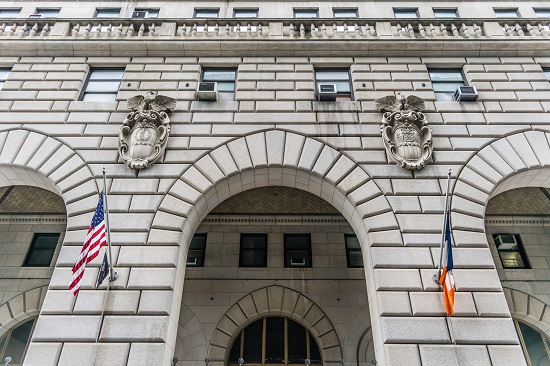New task force announced to smooth rollout of criminal justice reform

After a tense hearing on Wednesday during which prosecutors and councilmembers criticized the Mayor’s Office for a “lack of leadership,” the Mayor’s Office of Criminal Justice announced Friday it will create a task force to smooth the implementation citywide of state-mandated criminal justice reform.
District attorneys from all five boroughs expressed major concerns at the hearing that they would be unable to meet a Jan. 1 deadline set by Albany to enact new processes intended to ensure swifter, fairer trial proceedings and reduce the number of people sent to city jails for minor crimes.
Prior to the creation of this task force, the mayor’s budget set aside no additional funding to help the city meet that deadline. The new unit is designed to assess and coordinate the needs of district attorneys in all five boroughs and the special narcotics prosecutor.

Brooklyn Boro
View MoreNew York City’s most populous borough, Brooklyn, is home to nearly 2.6 million residents. If Brooklyn were an independent city it would be the fourth largest city in the United States. While Brooklyn has become the epitome of ‘cool and hip’ in recent years, for those that were born here, raised families here and improved communities over the years, Brooklyn has never been ‘uncool’.